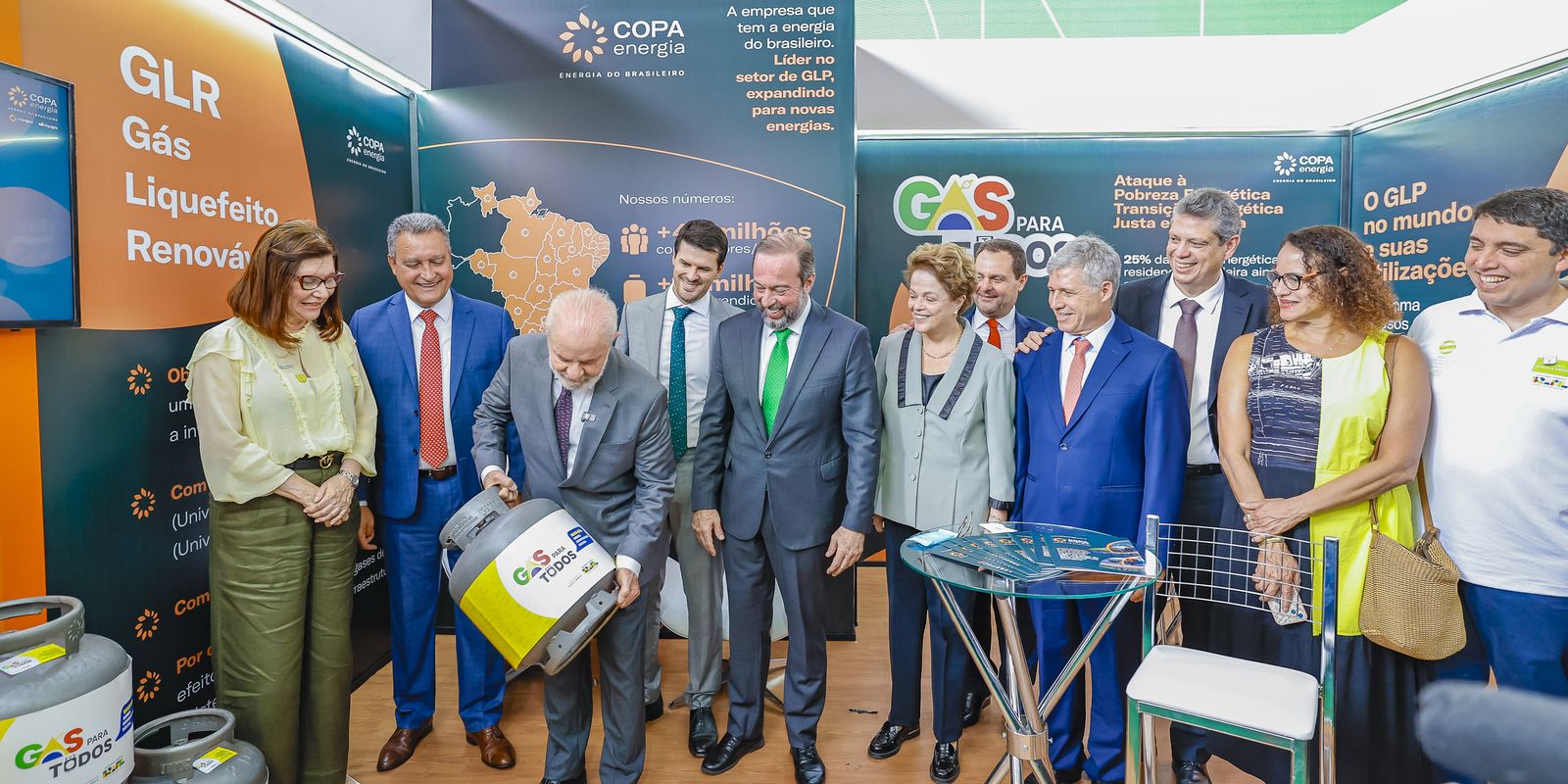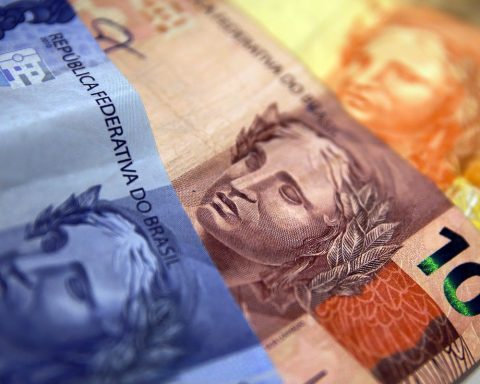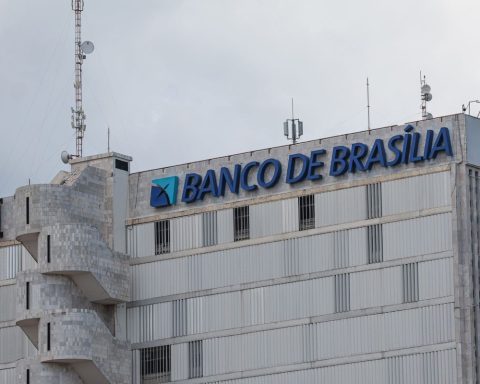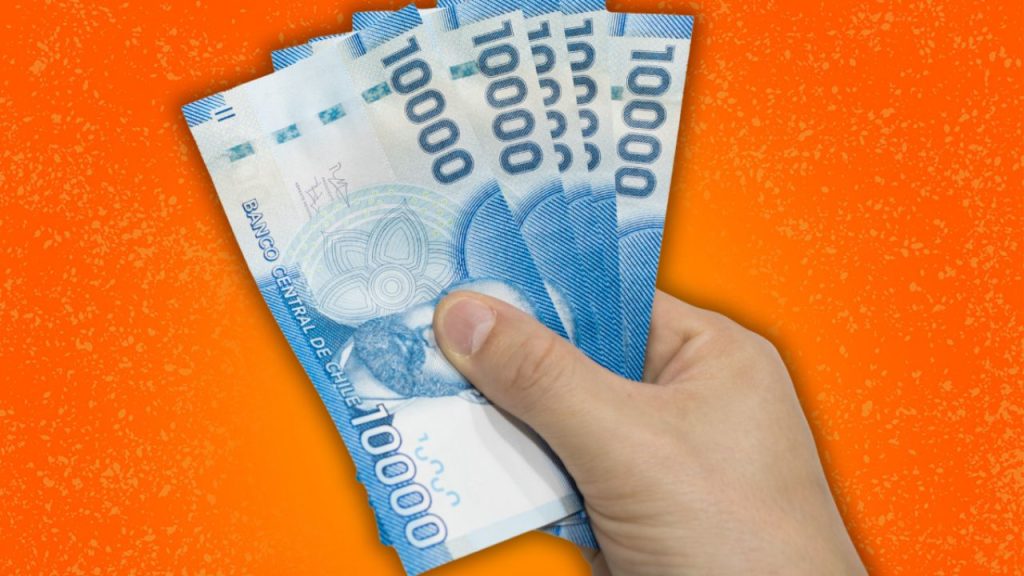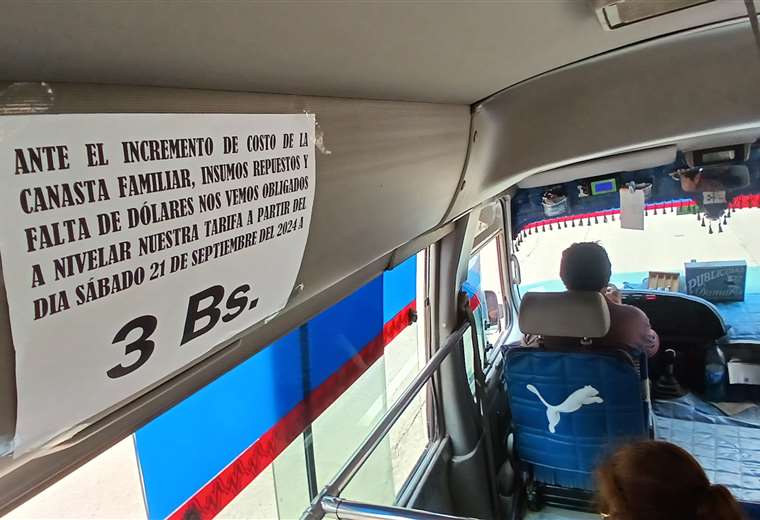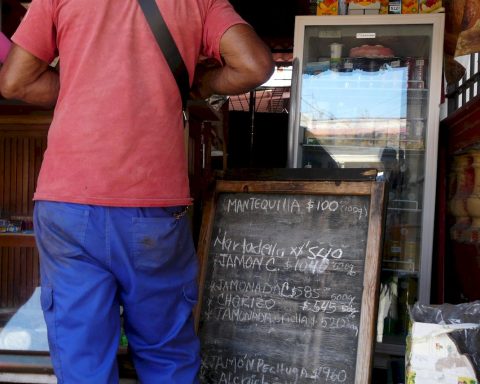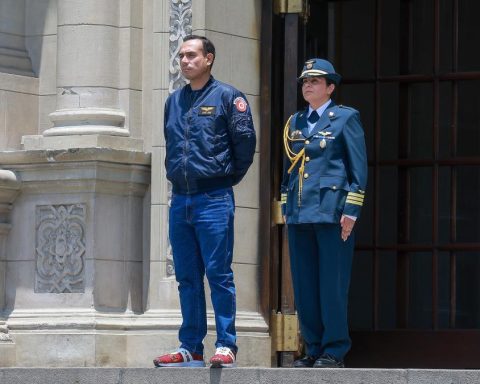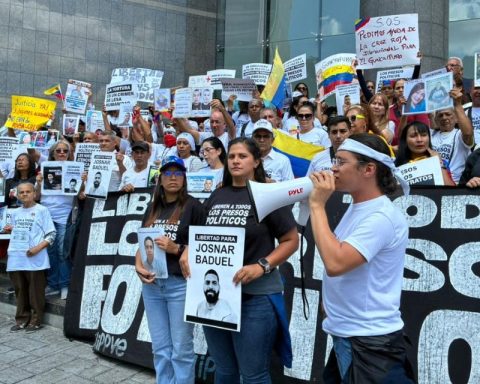President Luiz Inácio Lula da Silva signed, this Tuesday (8), the Fuel of the Future Law, which encourages the production and use of sustainable fuels. It creates national green diesel, sustainable aviation fuel and biomethane programs, in addition to increasing the blend of ethanol and biodiesel into gasoline and diesel, respectively.
According to the text, the margin for mixing ethanol with gasoline will be from 22% to 27%, and could reach 35%. Currently, the mixture can reach 27.5%, with at least 18% ethanol. The Minister of Mines and Energy, Alexandre Silveira, highlighted the investments that will be made in ethanol production following the new law.
“We are going to increase the mixture of ethanol in gasoline. We are strengthening the ethanol chain created 40 years ago, boosted in the 2000s with flex-fuel vehicles. We will be able to go from E27 to 35% ethanol in the mixture. This will expand national production, which currently stands at 35 billion liters, to 50 billion liters per year. There are more than R$40 billion in new investments and R$25 billion for the formation of sugarcane fields, more cornfields and transport. It is the second generation of ethanol.”
According to the minister, the Future Fuel Law will generate more than R$260 billion in investments in agriculture and the biofuels chain.
Programs
The law establishes three programs to encourage research, production, commercialization and use of biofuels, with the aim of promoting the decarbonization of the transport and mobility matrix.
The first of these is the National Sustainable Aviation Fuel Program (ProBioQAV). This program establishes that from 2027, airline operators will be required to reduce greenhouse gas emissions on domestic flights through the use of sustainable aviation fuel (SAF). The goals start with a 1% reduction and gradually grow until reaching 10% in 2037.
The National Green Diesel Program (PNDV) foresees that the National Energy Policy Council (CNPE) establishes, each year, the minimum quantity, in volume, of green diesel to be added to diesel of fossil origin.
Finally, the National Program for Decarbonization of Natural Gas Producers and Importers and Biomethane Incentives aims to stimulate research, production, commercialization and use of biomethane and biogas in the Brazilian energy matrix. The CNPE will define annual targets for reducing greenhouse gas emissions by the natural gas sector through the use of biomethane. The target will come into force in January 2026, with an initial value of 1% and cannot exceed 10%.
Biofuels
Biofuels are derived from renewable biomass that can partially or completely replace fuels derived from petroleum and natural gas in combustion engines or other types of energy generation.
The two main liquid biofuels used in Brazil are ethanol obtained from sugar cane and, on an increasing scale, biodiesel, which is produced from vegetable oils or animal fats and added to petroleum diesel in varying proportions.
Sustainable fuels are an alternative to fossil fuels, such as oil, natural gas and coal. Fossil fuel is more polluting and produces quite slowly, as it derives from the decomposition of organic matter. Due to the slow process of formation of this type of fuel, it is not renewable, as it does not keep up with current consumption demand.
The new law also establishes the regulatory framework for carbon capture and storage and unlocks investments totaling R$260 billion. The government’s idea is to create opportunities that combine economic development with job creation and respect for the environment.
“Harvest”
In his speech, Lula highlighted the importance of the law as an example of Brazil’s economic potential. “The sanction of this law is a demonstration that none of us has the right to doubt that the country can be a great economy. Because this country has everything to grow. What [o país] What is needed is rulers who live up to the aspirations of the Brazilian people.”
The president also stated that Brazil is respected by other countries for the measures taken in the production of clean energy and stated that now is the time to “harvest” the measures implemented since the beginning of the government.
“I have said to my ministers: now is harvest time. Now it’s time for us to harvest, and harvest well. Because I want, once again, to leave the Presidency of the Republic with this country growing, respected throughout the world, envied throughout the world for our ability to carry out this energy revolution that we are carrying out”.
